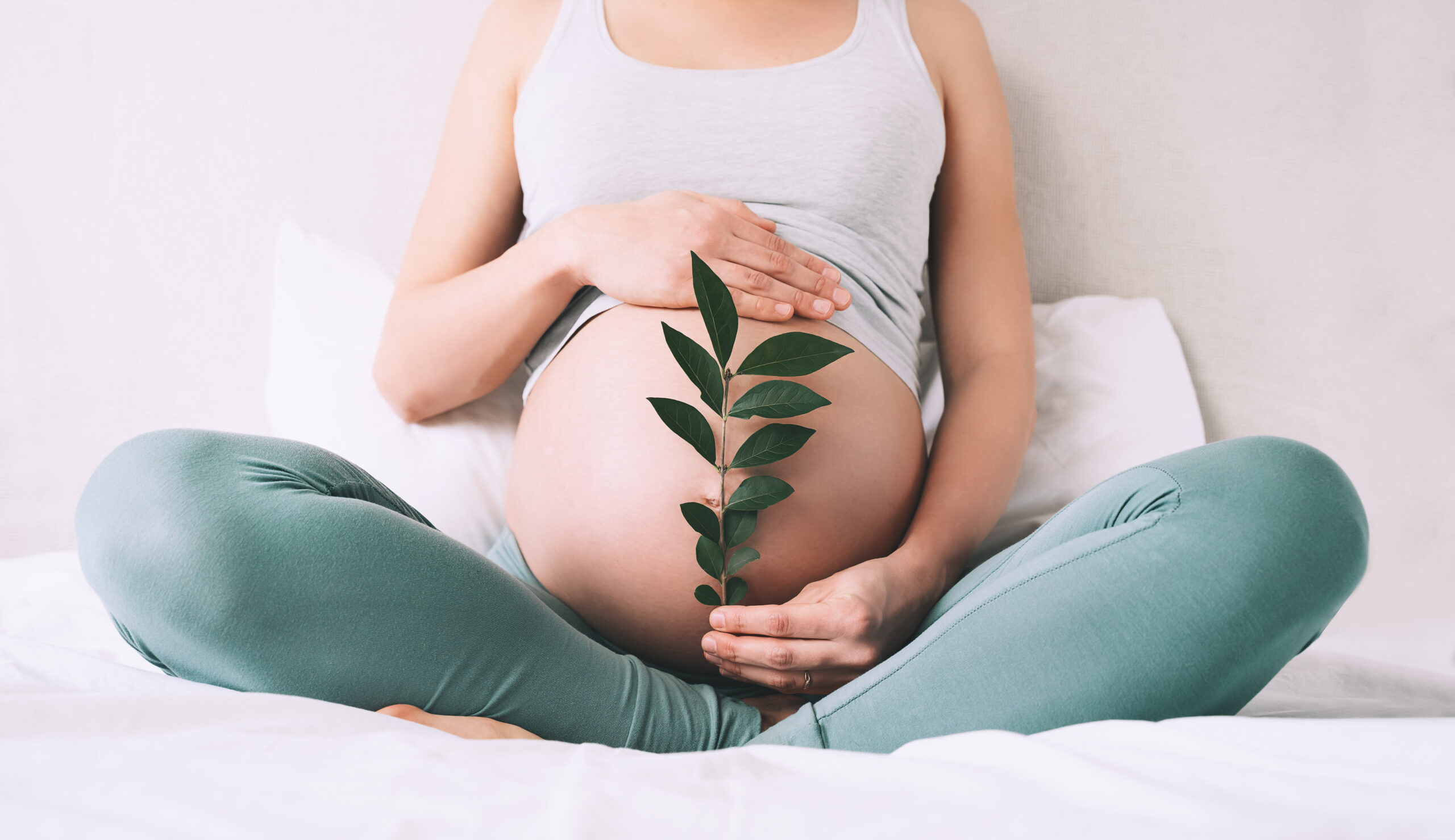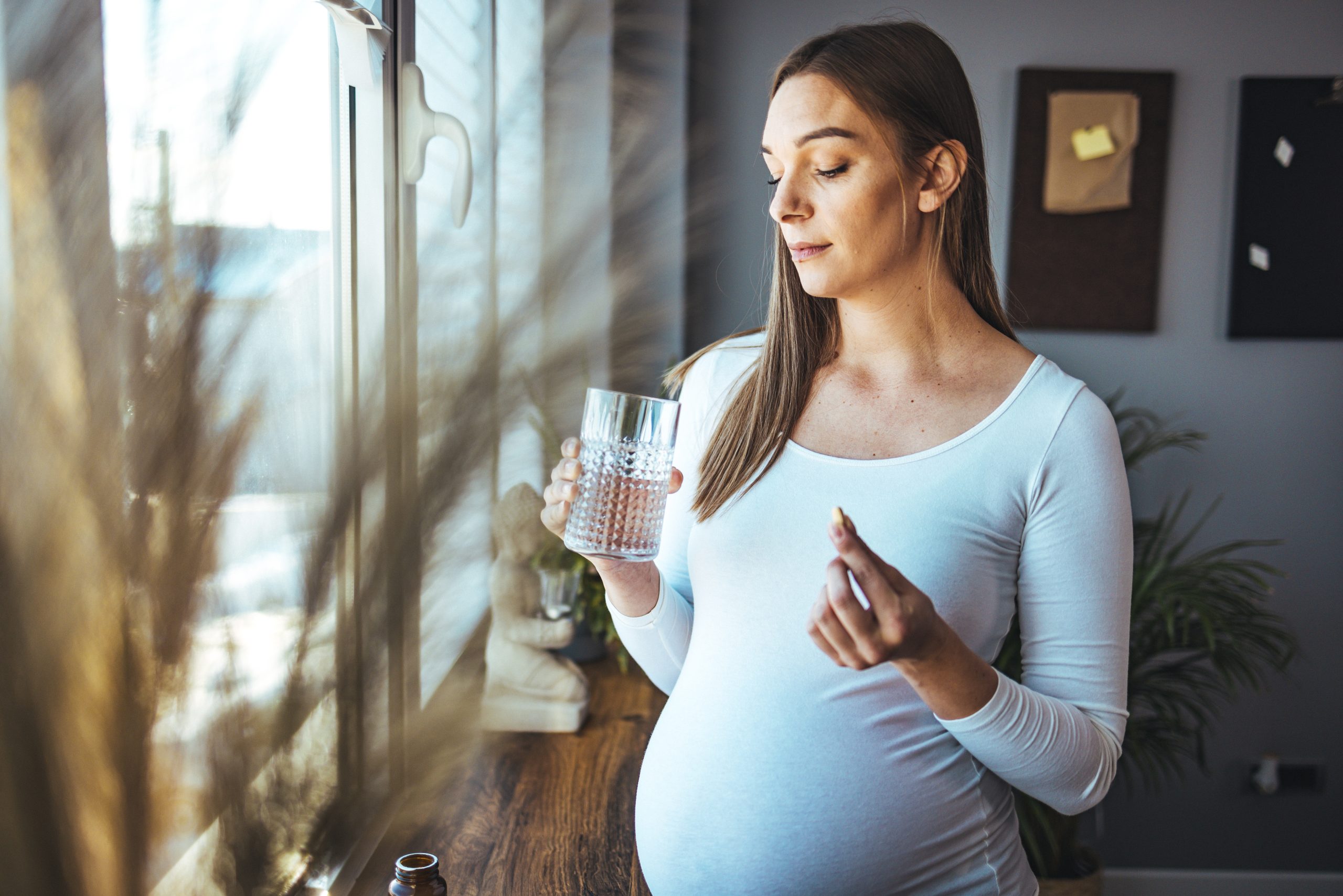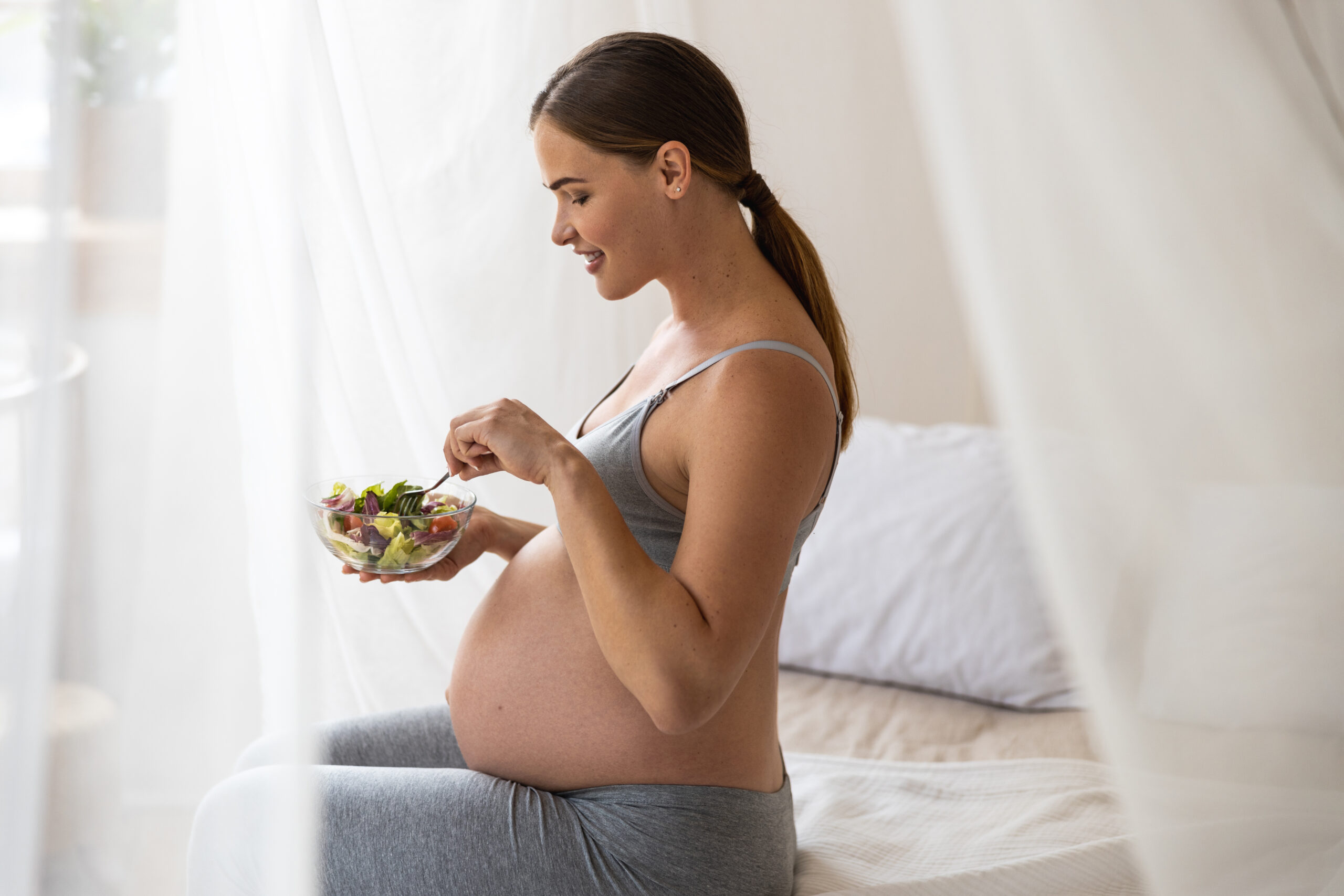06/06/2022
When you’re pregnant, it’s even more critical to have a healthy diet, as what you consume is the primary source of nutrition for your baby. But many women do not receive enough iron, folic acid, calcium, vitamin D or protein. It is therefore critical that you boost your intake of foods rich in these nutrients when pregnant. Most women can meet these nutritional needs during pregnancy by eating lots of fruit, vegetables, whole grains, and protein. Here at Randox Health we provide a comprehensive pregnancy health check to keep expectant mothers informed about their own health prenatal and postpartum.

Folic Acid
The NHS recommends that you take 400 micrograms of folic acid every day – from before you’re pregnant until you’re 12 weeks pregnant. This is done to reduce the possibility of problems with the baby’s development during the first few weeks of pregnancy. Folic acid is a nutrient found in the following foods:
- Green leafy vegetables
- Most berries, nuts, beans, citrus fruits, and fortified breakfast cereals
- Several vitamin supplements
Vitamins
NHS have also advised that you need 10 micrograms of vitamin D each day. When pregnant, avoid taking cod liver oil or any vitamin A (retinol) supplements. Too much vitamin A may be harmful to your baby. Always double-check the label. Vitamin B12 helps form red blood cells and maintains your nervous system. This vitamin is found in liver, meat, fish, poultry, and milk which are all good sources.


Iron
The World Health Organization (WHO) estimates that at least 30–40% of pregnant women are iron deficient. iron deficiency during pregnancy can lead to anaemia. According to the study, anaemia can cause fatigue, difficulty sleeping, and breathing complications in pregnant women, as well as an increase in the risk of infection, bleeding, and preeclampsia. Iron deficiency in new-borns can result in premature birth, low birth weight, and even death. Babies born with iron deficiency anaemia may remain anaemic for the first year, potentially leading to developmental problems.
Why get a Comprehensive Pregnancy Health Check?
Luckily, Randox Health have developed a new ‘Everymother’ comprehensive pregnancy health check, designed to keep expectant mothers informed about their own health prenatal and postpartum. Suitable from 20 weeks pregnancy onwards, this test includes 3 diagnostic health checks and measures up to 150 data points linked to key health areas including vitamins and minerals like iron, vitamin d, folate and vitamin B12. Every expectant mother will receive:
- Comprehensive diagnostic health check during 2nd Trimester (post 20 weeks)
- Specific Nutritional diagnostic check during 3rd Trimester (during weeks 30 to 35)
- Comprehensive diagnostic health check postpartum (12 weeks post-partum)
This simple blood and urine test will provide a wealth of data from which you can better understand your heart, kidney, liver, thyroid, digestive, and nutritional health both during and after pregnancy.
OTHER TESTS
Did you know that Randox Health also have a AMH (Anti-Mullerian Hormone) Test?
Available in-clinic, a AMH test will indicate if your ovarian reserve is normal for your age and is useful if considering fertility treatment, as it can help identify women who may respond poorly (those with low AMH) and women who may respond excessively (those with high AMH) to ovarian stimulation.
Measurement of AMH cannot determine how many viable eggs a female has remaining or predict a female’s chances of pregnancy.
Read more of our blogs here.



